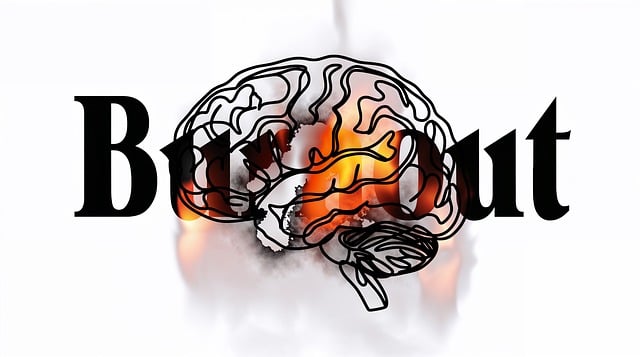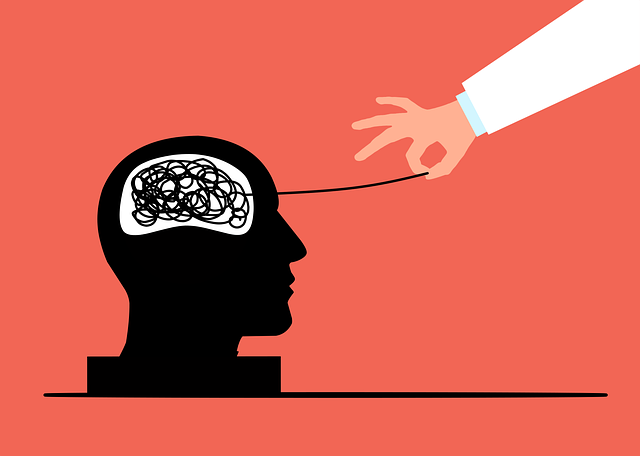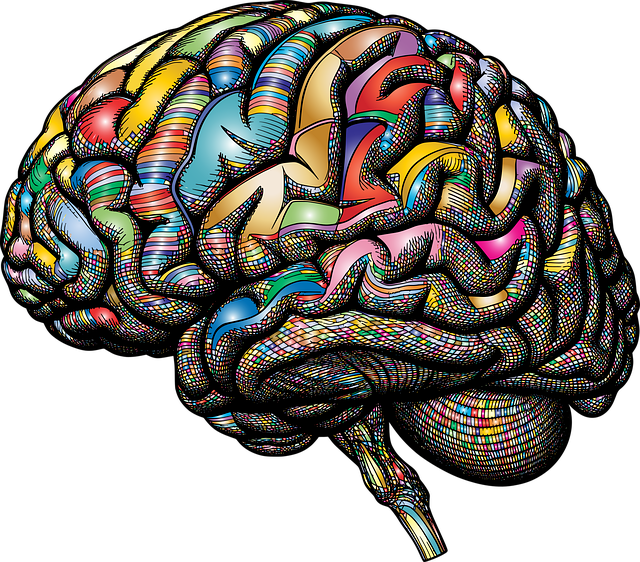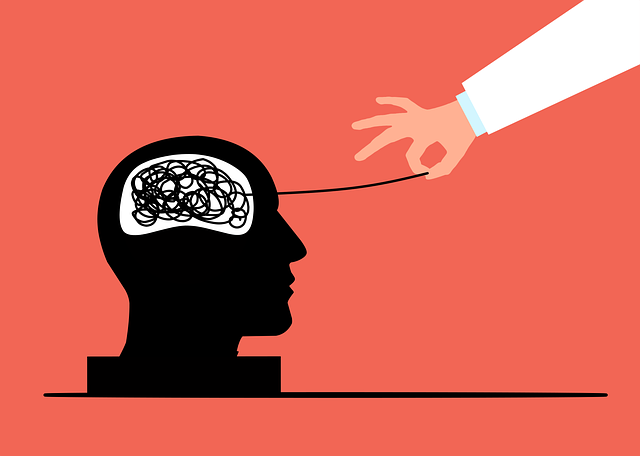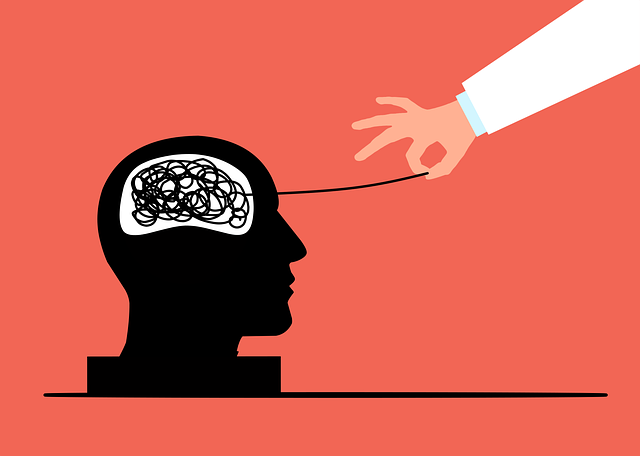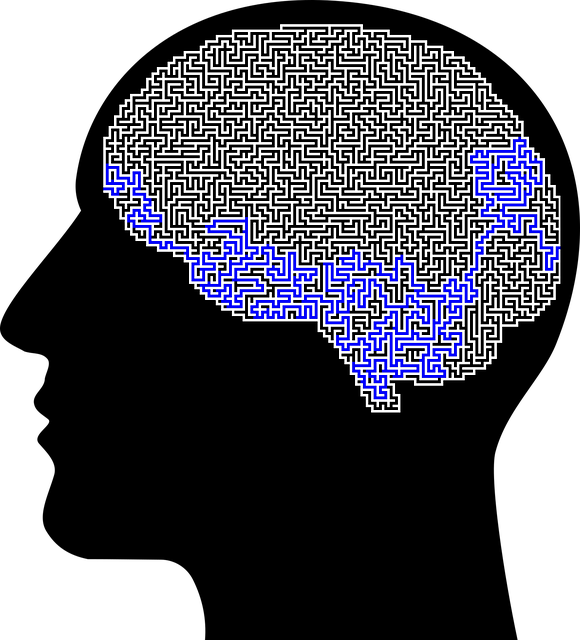Broomfield Chronic Illness Therapy emphasizes the value of self-assessment tools in mental health management, acting as early detection systems for issues. These tools empower individuals to take proactive steps toward better wellness by providing private and accessible means to evaluate emotional well-being. Integrating Broomfield Chronic Illness Therapy principles into digital platforms offers a promising approach, combining behavioral activation, problem-solving skills, and cognitive restructuring to promote self-care routines. This holistic model ensures cultural sensitivity, making tools inclusive for diverse users.
Mental wellness self-assessment tools have gained prominence as valuable resources for individuals to take control of their mental health. This article explores the development of these tools, highlighting the crucial need for accessible and effective methods to assess mental well-being. We delve into designing comprehensive assessments, incorporating evidence-based practices such as Broomfield Chronic Illness Therapy principles to enhance accuracy and user experience. By integrating these strategies, self-assessment platforms can foster better mental health management and improve overall wellness outcomes.
- Understanding the Need for Self-Assessment Tools in Mental Health
- Designing Effective Mental Wellness Self-Assessment Tools
- Integrating Broomfield Chronic Illness Therapy Principles into Self-Assessment Platforms
Understanding the Need for Self-Assessment Tools in Mental Health

In today’s fast-paced world, mental wellness is as vital as physical health, and recognizing this need has prompted the development of self-assessment tools. These tools play a crucial role in early identification of mental health issues, allowing for timely interventions. Broomfield Chronic Illness Therapy understands the importance of empowering individuals to take charge of their mental well-being. By utilizing self-assessment tools, people can gain valuable insights into their emotional states and identify potential areas of concern before they escalate.
Self-assessment offers a private and accessible way for individuals to evaluate their mental health, especially in communities where openness about mental illness is growing but still faces stigma. This process fosters inner strength development and enables proactive measures, such as burnout prevention strategies for healthcare providers, thereby promoting better overall Mental Health Awareness.
Designing Effective Mental Wellness Self-Assessment Tools

Developing effective mental wellness self-assessment tools is a multifaceted process that requires careful consideration and an understanding of individual needs. These tools play a pivotal role in promoting emotional well-being, especially for those managing chronic illnesses like those seeking Broomfield Chronic Illness Therapy. They serve as entry points into personal introspection, enabling individuals to gain profound insights into their mental health status.
Effective self-assessment tools should facilitate the exploration of various dimensions, including mood, stress levels, and resilience. By incorporating questions that stimulate reflection on emotional healing processes and self-esteem improvement, these assessments can be powerful catalysts for positive change. They should be designed with a user-friendly interface, ensuring accessibility and comfort during use. Moreover, regular updates and adaptability to evolving mental health landscapes are essential to maintain their relevance and efficacy in supporting individuals’ resilience building.
Integrating Broomfield Chronic Illness Therapy Principles into Self-Assessment Platforms

Integrating Broomfield Chronic Illness Therapy (BCIT) principles into self-assessment platforms offers a promising approach to enhancing mental wellness tools. BCIT emphasizes a holistic, personalized treatment model that can be adapted to digital settings, allowing individuals to take an active role in their mental health journey. By incorporating techniques like behavioral activation, problem-solving skills training, and cognitive restructuring, these platforms can facilitate self-care routine development for better mental health.
This integration also underscores the importance of cultural sensitivity in mental healthcare practice. BCIT encourages therapists to understand and respect individual differences, ensuring that self-assessment tools cater to diverse needs. This approach not only improves emotional regulation but also fosters a sense of comfort and trust among users from various cultural backgrounds, making these platforms more inclusive and effective.
The development of mental wellness self-assessment tools is a vital step towards enhancing access to mental health support. By integrating principles from the proven Broomfield Chronic Illness Therapy, these tools can effectively facilitate individual awareness and early intervention. Well-designed assessments have the potential to revolutionize mental healthcare by empowering individuals to take an active role in their well-being, ultimately leading to improved outcomes and a more resilient mindset.
